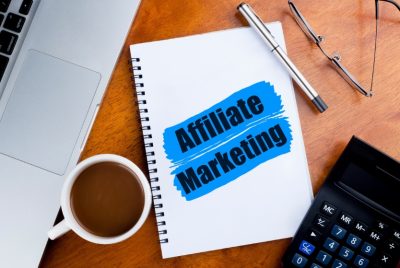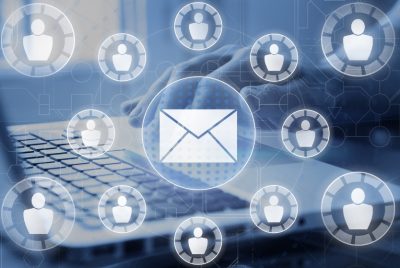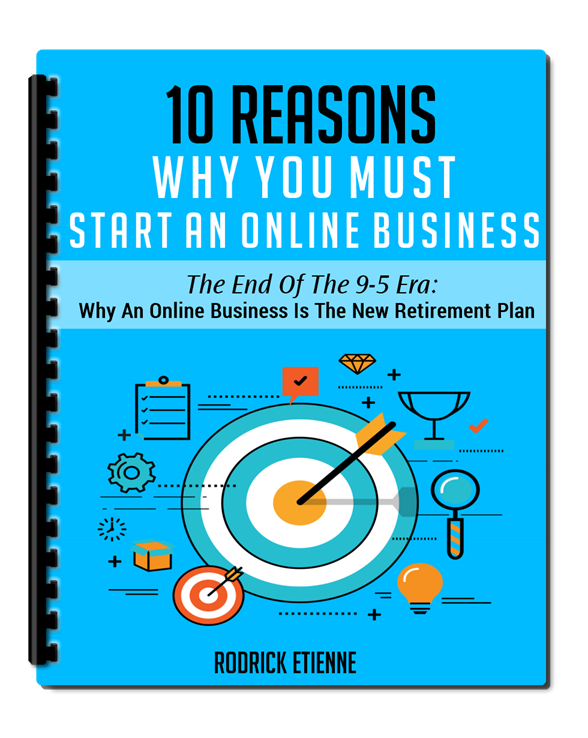Entrepreneurs and business owners understand that great email marketing isn’t about blasting promotions—it’s about building trust,…
7 Types Of Follow-Up Emails You Must Send After An Event

Organizing an event involves a lot of effort, time, and money. You bring together a group of people to share knowledge, network, and have fun.
But what happens after the event?
Do you just allow everyone to go their way or do you dig into your database, search for their contact information and send them a follow-up email?
A follow-up email helps you extend the impact of the event, create more meaningful relationships, and keep everyone engaged.
I will discuss the seven types of follow-up emails you must send after an event.
1)) The Thank You Email
A thank-you email is the most critical follow-up email you should send.
It acknowledges the person’s participation, thanks them for their presence, and lets them know that they have made a contribution to the event’s success.
In the email, you should add a personal touch, mention something specific that happened during the event, and give them a call to action.
2)) The Networking Email
Networking email is primarily to keep in touch with people you met during the event.
It is a friendly gesture to remind them of the conversations you had, share contact information, and invite them for coffee or lunch to discuss further.
You can also mention any upcoming events that might be of interest to them.
3)) The Feedback Email
A feedback email is an opportunity to get feedback from attendees on the event’s quality and their overall experience.
This type of email helps you gauge your event’s success and understand what went well and what needed improvement.
This information will help you improve future events to create more meaningful experiences for your attendees.
4)) The Upsell Email
An upsell email is an opportunity to offer your attendees something extra, like a VIP discount, a special offer, or an invitation to an exclusive event.
This type of email can help you show your appreciation and gives your attendees a reason to stay engaged with your business even after the event.
5)) The Sales Email
A sales email is a follow-up email that includes the event’s product or service the attendees experienced or learned about.
This email can help you stay top of mind post-event and lead to more sales conversions.
Your sales email should be engaging and persuasive while remaining professional.
6)) The Social Media Email
Social Media is a crucial aspect of promoting your event and creating buzz around it.
Sending a social media email is an opportunity to invite your attendees to follow you on social media, share content from the event, or leave a review.
Social media emails can help you increase your online presence and create a community around your brand.
7)) The Future Event Email
The event may have ended, but that does not mean you cannot plan future events.
A future event email is an opportunity to get your attendees excited about future events, inform them of upcoming happenings, and add a personal touch.
In the email, you should mention something they enjoyed about the previous event and assure them that future events will be better.
Conclusion
Follow-up emails are a necessity after an event, and sending the right type of email to the right audience can positively impact your business.
The above list of seven follow-up emails you must send after an event will help you create more meaningful relationships, keep your attendees engaged, and improve future events based on feedback.
A follow-up email is not just a gesture of professionalism, but it is also an opportunity to promote your brand and generate more leads for your business.





